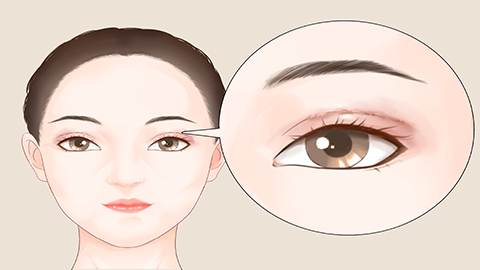Is intravenous infusion required for double eyelid surgery?
Double eyelid surgery refers to blepharoplasty. Blepharoplasty is a surgical procedure that creates a natural fold on the upper eyelid, known as the double eyelid line, to change the appearance of the eyes. The reference price for blepharoplasty is generally between 2000 to 8000 yuan per session. It usually takes about one week after surgery to see the initial results. Whether intravenous (IV) drips are needed after blepharoplasty mainly depends on the healing of the surgical wound. If there is no sign of infection after surgery, IV drips usually are not necessary. However, if infection occurs, IV drips may be required. Detailed explanations are as follows:

Blepharoplasty involves making an incision on the upper eyelid to remove excess skin and fat tissue, or performing localized cutting, suturing, and adjustment of the eyelid tissue, then fixing the eyelid skin onto the tarsal plate at the desired height to create a double eyelid fold, achieving the purpose of enhancing the appearance of the eyes. If signs of infection such as redness and swelling, increased pain, or fever occur at the surgical site, IV drips with antibiotics are necessary for anti-infective treatment. Administering antibiotics intravenously can more quickly control inflammation, prevent the spread of infection, and promote wound healing.
However, if the surgical wound heals normally without any signs of infection, IV drips are generally unnecessary. In such cases, local wound care and oral medication as directed by the physician are sufficient. Postoperative care is recommended according to medical advice, such as applying cold compresses to reduce swelling, and taking prescribed oral medications regularly to manage pain and prevent infection.
After undergoing blepharoplasty, patients should ensure adequate rest and avoid strenuous physical activity, which may interfere with wound healing.







